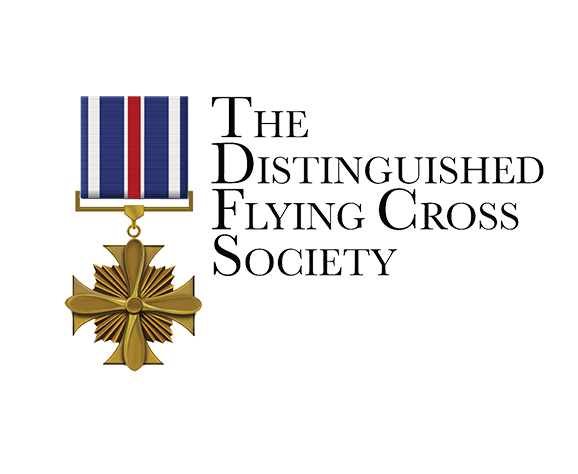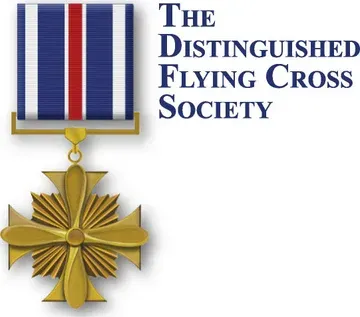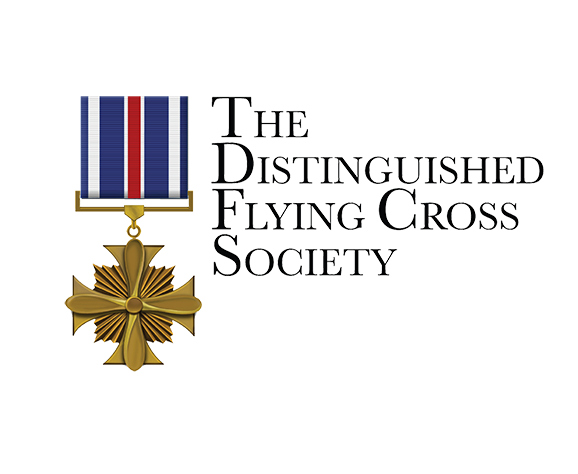John W. McNevin
AWARDED DFC:
1
CONFLICT/SPACE FLIGHT/EVENT: -
MODEL: -
Citation: 1.) The Distinguished Flying Cross for extraordinary achievement while participating in aerial flight against the enemy in the Mediterranean Theater of Operations. Throughout many combat missions against highly important and strategic enemy installations, First Lieutenant McNevin demonstrated the highest order of professional skill, heroism, leadership and devotion to duty. Despite heavy opposition encountered on these long and hazardous missions, together with severe and adverse weather conditions, his outstanding leadership, personal example, and tactical skill have contributed materially to the defeat of the armed forces of the enemy. First Lieutenant McNevin's conspicuous and extraordinary achievements throughout these many missions against the enemy have been of incatimable value to the success of combat operations and have reflected great credit upon himself and the Armed Forces of the United States of America.


